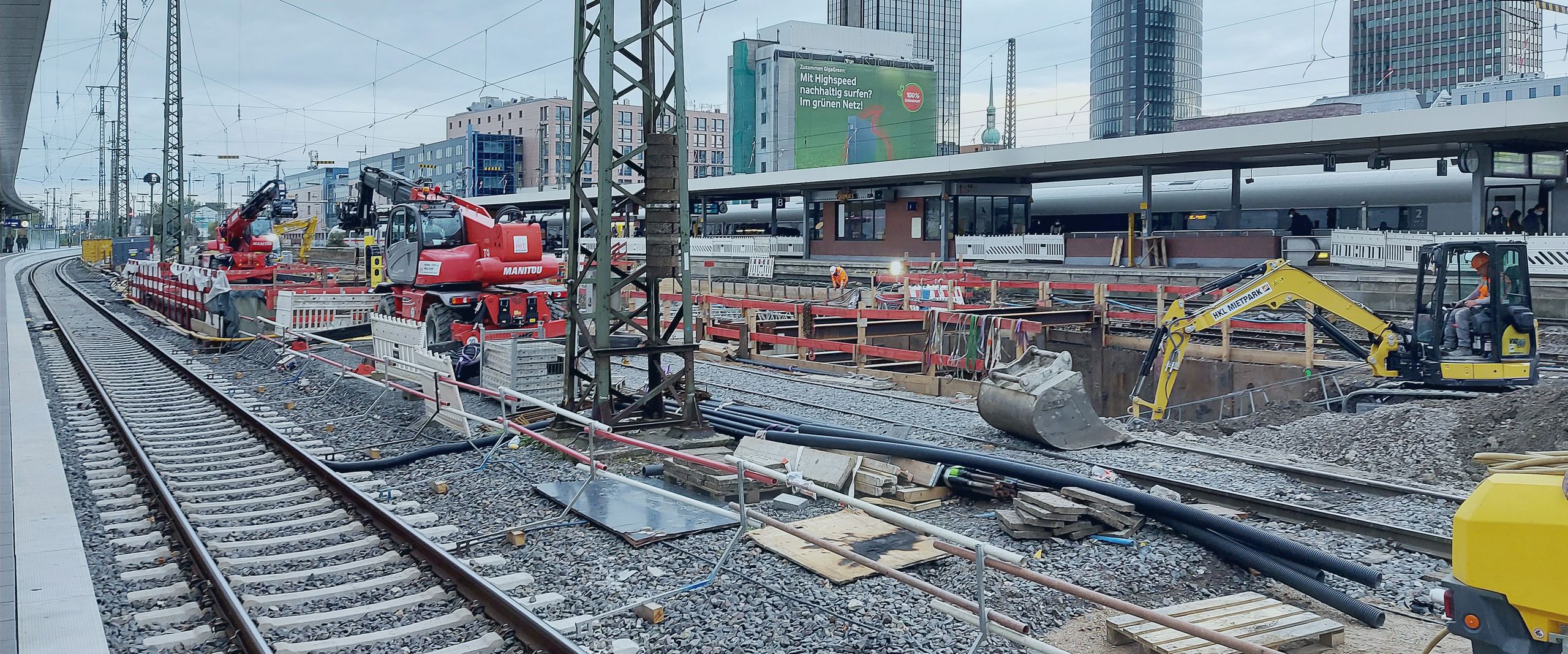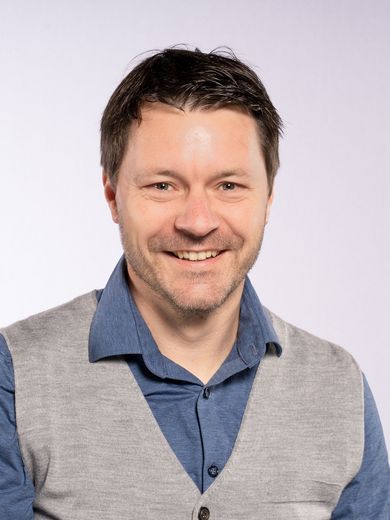
School of Architecture, Civil and Environmental Engineering
Formerly: Civil and Environmental Engineering (Infrastructure) M.Sc.
| Degree | Master of Science |
|---|---|
| Start of study | Summer semester, Winter semester |
| Application period Summer semester | 15 December until 15 January |
| Application period Winter semester | 01 June until 15 July |
| Standard period of study | 3 semesters |
| Credits | 90 |
| Accredited | Yes |
| Admission restricted | Yes |
| Admission requirements |
|
| Language of instruction | German and English |
| Faculty/institution | School of Architecture, Civil and Environmental Engineering |
| Integrated stay abroad | Optional |
After successfully completing your bachelor's degree, you are aiming for a challenging job or a management position in a dynamically growing industry of the future. The qualified master's degree program in Civil Engineering - Sustainable Planning and Building M.Sc. at the Bremen University of Applied Sciences increases your chances of quickly entering responsible management positions with higher earning potential. Especially for qualified, autonomous activities in the field of research and development, our master's degree can be an advantageous ticket to a professional career with diverse development prospects. The three-semester master's degree program in Civil Engineering - Sustainable Planning and Building M.Sc. prepares you in an interdisciplinary and practical manner for the working world in expanding and innovative fields of activity.
In a total of three semesters of project-oriented study, the Master's program in Civil Engineering - Sustainable Planning and Building will provide you with comprehensive, detailed and specialized technical knowledge, enabling you to work independently on construction or environmental engineering issues in infrastructure projects of complex magnitude in a responsible, subject-specific and interdisciplinary manner. In the program, you can choose two subject specializations in the form of subject differentiation.
If you choose the subject differentiation Civil Engineering, your focus will be in particular on structural planning for complex infrastructure projects, weighing up complex relationships between the material constructions and the building behavior in context and designing object plans for infrastructure measures.
If you choose the subject differentiation Infrastructure, you will learn in particular process-related environmental engineering planning for complex infrastructural projects and to develop concepts for the optimization of environmental engineering plants and processes.
Check the application deadlines and admission requirements for your desired degree programme.
Questions about the degree programme can be answered by the contact persons on the degree programme pages. If you have any further questions about your decision to study at HSB, our advisory and service institutions will be happy to help.

Prof. Dr. -Ing. Sven Uhrhan
Sustainable Mobility Systems
+49 421 5905 2340
Email

Prof. Dr. -Ing. Anton Worobei
Construction Management
+49 421 5905 2388
Email